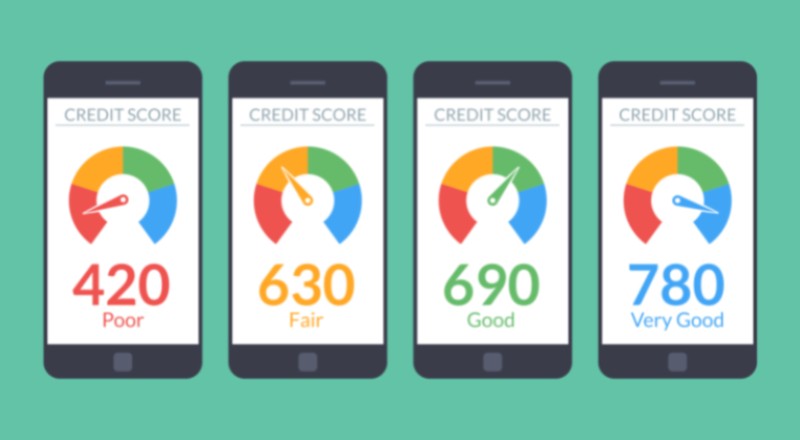One of the most common misconceptions consumers harbor about debt consolidation is that it will ravage their ratings and leave them unable to qualify for loans ever again. In reality, the negative effect that management plans have on ratings is usually negligible. In many cases, consumers’ scores will not drop at all and may even rise as a result of these services. The programs help their clients tackle their bills on time and pay down their account balances quickly, both of which will result in rating improvements. Read on for an in-depth discussion of our service will affect your rating.
The Truth
After you get consolidated, you will write one check every month to the program. They then pays your creditors for you, so your bills are always paid on time as long as you pay your agency. Most debt management plans last for several years. During this time, a note will appear on your report indicating that you’re repaying the debt through a plan. This notation will remain on your report until you pay the account in full, but it should not harm your rating in the meantime.
Applying for New Credit
Even though your efforts are unlikely to harm your score, you may have difficulty qualifying for new credit while you are participating in debt consolidation. For one, many these services prohibit their clients from applying for additional credit while enrolled. Additionally, some providers frown up on a notation on your report indicating involvement with debt consolidation solutions, and thus will not issue new credit. However, most providers are more concerned with your score than your report, and providers that use the scoring model are much less likely to penalize you for participating in the program.
What Will Hurt Your Score
Although it is unlikely that a plan like ours will hurt your score, it is not impossible. There are some things that will damage your rating if they occur during the course of the program. Here are the two things that can hurt your score the most when you consolidate:
- Late payments. After you consolidate, the job of paying your carriers will be in the hands of your consolidation organization. It’s imperative that you choose a company that you can trust to pay your creditors on time every month. Otherwise, you’ll rack up late payment notations on your credit report, which will cause your rating to drop.
- Closing accounts. Certain programs require clients to close all of the accounts included in the consolidation. In other words, you will have to cancel all of the cards you wish to consolidate. Although this will help reduce the temptation to spend, it will also have a negative impact on your portfolio. Closing accounts reduces the amount of total credit you have available, which in turn raises your utilization ratio. A higher utilization ratio makes you look maxed out to creditors and lowers your rating. If possible, try to find a debt consolidation service that does not require you to close your accounts.












